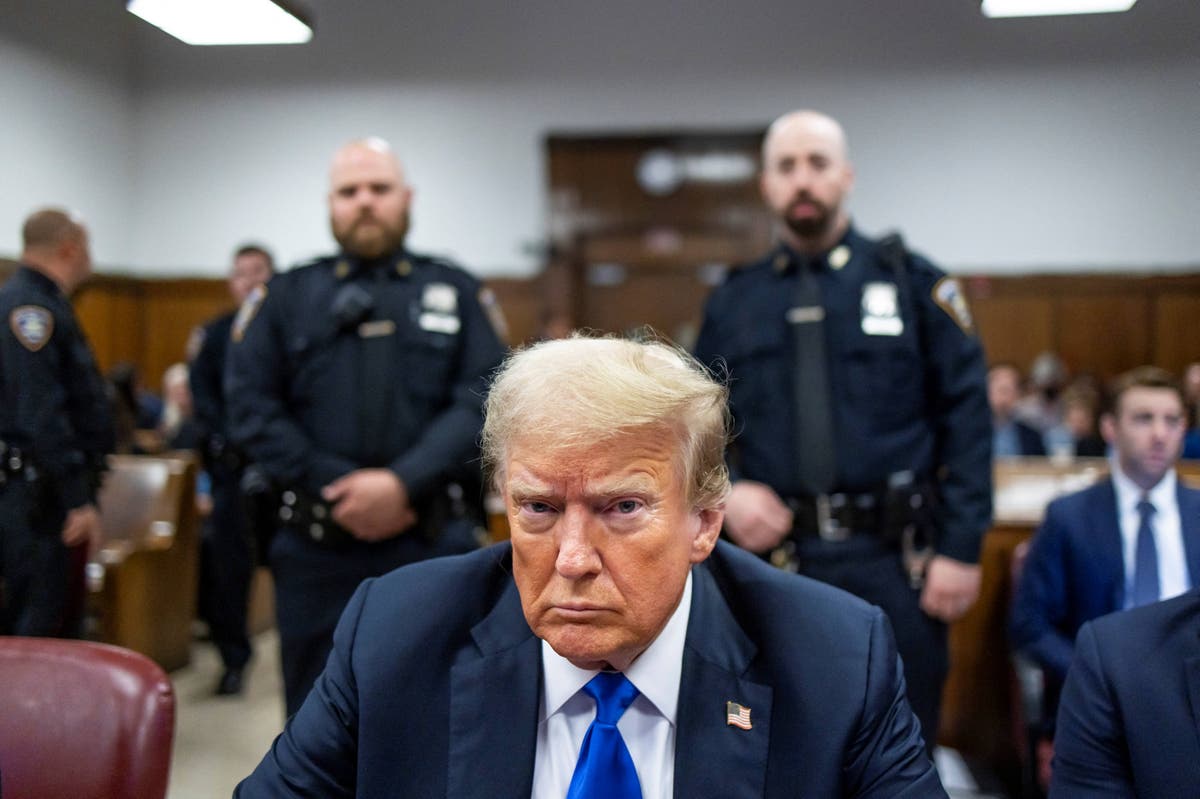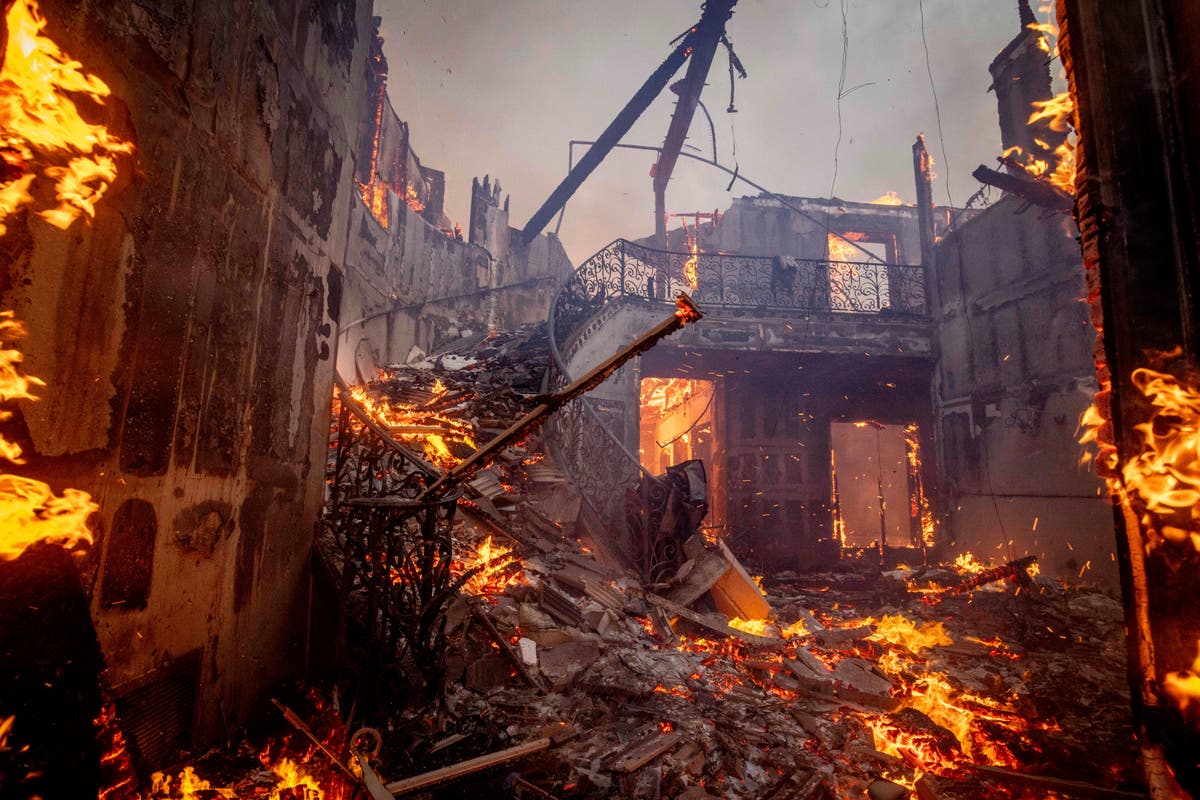House Speaker Mike Johnson faces a precarious vote this Friday, needing to secure a majority despite potential Republican opposition. President-elect Donald Trump's backing, while influential, cannot fully guarantee his re-election given the narrow 219-211 majority. At least one Republican member has already voiced objections, with several others remaining unconvinced or seeking concessions.
This political tension is exacerbated by Trump's continued criticism of the U.S. on Truth Social, linking suspected terror attacks in New Orleans and Las Vegas to immigration. He blamed the Biden administration and law enforcement for what he perceives as a failure to address these issues, emphasizing "open borders" as a contributing factor.
Furthermore, Trump's border czar expressed concerns about a potential link between the attacks, though no definitive evidence exists. This assertion, amplified by segments of the media, further fueled MAGA rhetoric against immigration policies. The initial reporting by Fox News, suggesting a connection between the New Orleans attack and recent border crossings, generated significant controversy and subsequently retracted much of its reporting.
These developments highlight a deep rift within the Republican party, particularly regarding immigration. MAGA supporters and individuals aligning with Trump's "America First" stance are strongly opposed to policies that allow for the entry of foreign workers, particularly in skilled labor sectors. This stance contrasts with the need for skilled workers in certain sectors of the economy. One example of this conflict includes Steve Bannon's explicit threat to Elon Musk over visa policies. The controversy extends beyond the border issue, with concerns about the legitimacy of the Supreme Court also coming into play.







